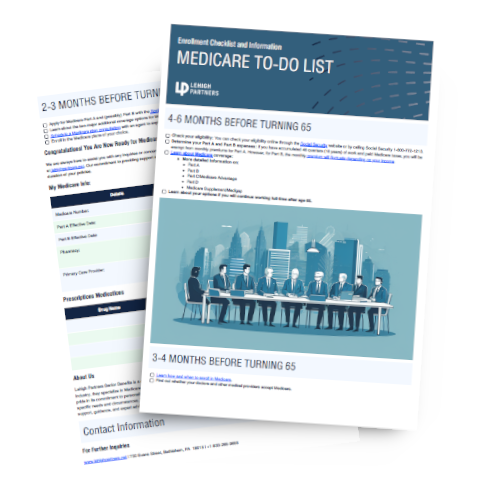Medicare, in its original form, does not provide a specific Medicare grocery allowance for its beneficiaries. However, there are certain private Medicare Advantage (MA) plans, including some Special Needs Plans (SNPs), that offer a grocery allowance as part of their supplemental benefits. These plans aim to provide additional support to eligible beneficiaries who may have specific health conditions or financial needs that could benefit from this type of assistance.

Private Medicare Advantage plans, including Special Needs Plans, may offer a grocery allowance as part of their supplemental benefits. Original Medicare does not provide this benefit.
The grocery allowance is a supplemental benefit that goes beyond the basic coverage provided by original Medicare. It is designed to assist individuals with certain health challenges, encourage healthy eating habits, and improve overall well-being. Let's explore this topic further and understand how beneficiaries can access these grocery allowances within the Medicare Advantage program.
Medicare Advantage plans, also called Part C plans, are offered by private insurance companies approved by Medicare. These plans provide the same coverage as original Medicare, but they often include additional benefits, such as prescription drug coverage, vision, dental, and hearing services, and wellness programs. In recent years, some Medicare Advantage plans have started to offer supplemental benefits that cater to the specific needs of their members.
The inclusion of grocery allowances in Medicare Advantage plans is part of a broader initiative by the Centers for Medicare & Medicaid Services (CMS) to give insurance companies more flexibility in providing innovative benefits to their members. Beginning in 2019, CMS started allowing MA plans to offer supplemental benefits, which previously were only available through a demonstration or waiver program.
The grocery allowance falls under CMS's interpretation of the Social Determinants of Health (SDOH). Social determinants of health are the conditions in which people live, work, and age that affect their health outcomes. These determinants include factors like housing, transportation, food security, and access to healthy foods. By addressing these social determinants, MA plans aim to improve health outcomes and overall quality of life for their beneficiaries.

According to one source, over 70% of Medicare Advantage plans offered a meal benefit or food card in 2023
According to HelpAdvisor, over 70% of Medicare Advantage plans offered a meal benefit or food card in 2023 . These benefits typically allow beneficiaries to receive a monthly allowance that can be used to purchase nutritious foods like fruits, vegetables, pantry staples, and meat.
To get more accurate and up-to-date information specific to your area and available plans, it is recommended to consult with a licensed insurance agent who can provide detailed information on the specific plans and benefits available in your location.
Please note that the availability of food card benefits may vary by plan and geographical area, and it is subject to change each year. It is important to thoroughly review the plan materials and consult with the plan itself to understand the specific details of any food card benefit offering.
Not all MA plans offer a grocery allowance, but some plans, including certain special needs plans, have chosen to include this benefit as part of their supplemental offerings. Special Needs Plans are MA plans designed to cater to individuals with specific health conditions, such as chronic illnesses, that require specialized care. These plans focus on providing targeted services and benefits to meet the unique needs of their members.
The grocery allowance typically provides a set amount of funds on a monthly or quarterly basis that can be used to purchase eligible food items. The specific details may vary depending on the plan, but typically beneficiaries receive a prepaid card sometimes called a flex card or voucher that can be used at authorized grocery stores or retailers. The allowable items often include fresh fruits, vegetables, whole grains, and other nutritious food options.
It is important to note that the grocery allowance is just one of many supplemental benefits that Medicare Advantage plans offer, and availability can vary from plan to plan and from one geographic location to another. Beneficiaries who are interested in accessing this benefit should carefully review and compare the offerings of different MA plans in their area.
Explore Your Medicare Options
We partner with trusted insurers
To qualify for a Medicare Advantage plan with a grocery allowance, individuals must meet the eligibility criteria set by the specific plan. These criteria may include having certain health conditions or meeting income and resource limits. It is crucial for beneficiaries to familiarize themselves with the specific requirements and guidelines provided by their chosen plan.
While original Medicare does not provide a grocery allowance, some private Medicare Advantage plans, including certain Special Needs Plans, offer this benefit as part of their supplemental offerings. The grocery allowance is intended to address social determinants of health and provide additional support to eligible beneficiaries who may have specific health conditions or financial needs. Beneficiaries who are interested in accessing this benefit should carefully review the offerings of different MA plans in their area to determine eligibility and understand the specific details of the grocery allowance provided by each plan.

